Mardi Humphreys, Change Agent, Integration Edge - a division of RDSI
There’s an old adage: if you’re the smartest person in the room, you’re in the wrong room. When it comes to work, let’s just say, I’m in the correct Zoom room A LOT. I like to think it’s just a diversity of gifts. My coworkers bring the technical knowledge necessary for building solutions and I bring them challenges to solve. But every little mistake I make feeds a low-grade lack of confidence and makes me wonder, “What if I fail?”
When the thought occurs, I have to stop and remind myself that everyone fails. In fact, failure is a necessary step to success. If I approach projects with curiosity, seek to understand, and demonstrate I’m both listening and learning; then failure becomes part of the problem-solving process. It can even help bond the team. Failure presents an opportunity to highlight everyone’s unique roles and particular skill sets. This allows me to frame failures as experiments I need the team’s talents to finish. We can analyze where things went wrong, gather data, and move on. We want to fail fast, forward, and with feedback. Not every piece of code is written correctly the first time. It’s why development, staging, and production environments exist. Development and staging are places designed for experimenting, testing, and failing before putting the final solution into production. This method doesn’t have to be used exclusively for software development. It can apply to any project team.
Development: This is the brainstorming phase. Wacky ideas are welcome in this no-judgement-allowed preliminary formation of plans. Blue sky thinking happens here. At this point, we know where the client is and where he wants to go. Now, we figure out how to get them there. Everyone is encouraged to contribute then go test their ideas on their own. Think proof of concept.
Staging: This is the evaluation phase. Still a no-judgement zone, everyone brings their idea that passed testing and combines it with everyone else’s bit; much like connecting to a network. The results of wacky-ideas testing are discussed. Would this idea actually work? Do we have the necessary resources to make it happen? The team looks for obstacles to the solution’s success and adjustments are made. Will the client be able to afford this? Does an off-the-shelf solution already exist? Think prototype.
Production: The individual experiments have been combined, vetted, tested, run, and are ready to present to the client as a solution or at least a roadmap. Think demonstration, or, if more fully evolved, think deliverable.
This approach produces more ideas and more solutions more quickly. Business moves at the speed of trust. If we create a safe environment in which to fail, it not only saves time, but also creates a more compassionate, patient, and bonded team. Embracing failure can turn smart people into leaders, mentors, and coaches who will help the team build sustainable trust. Shifting to this mindset frees us from the fear of failure. It inspires us to use failure as a tool and puts us in the same category as Thomas Edison, the Wright brothers, and Sara Blakely. Talk about great company to be in!

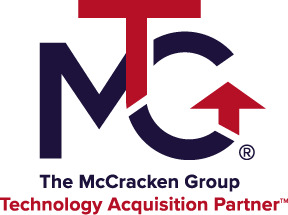

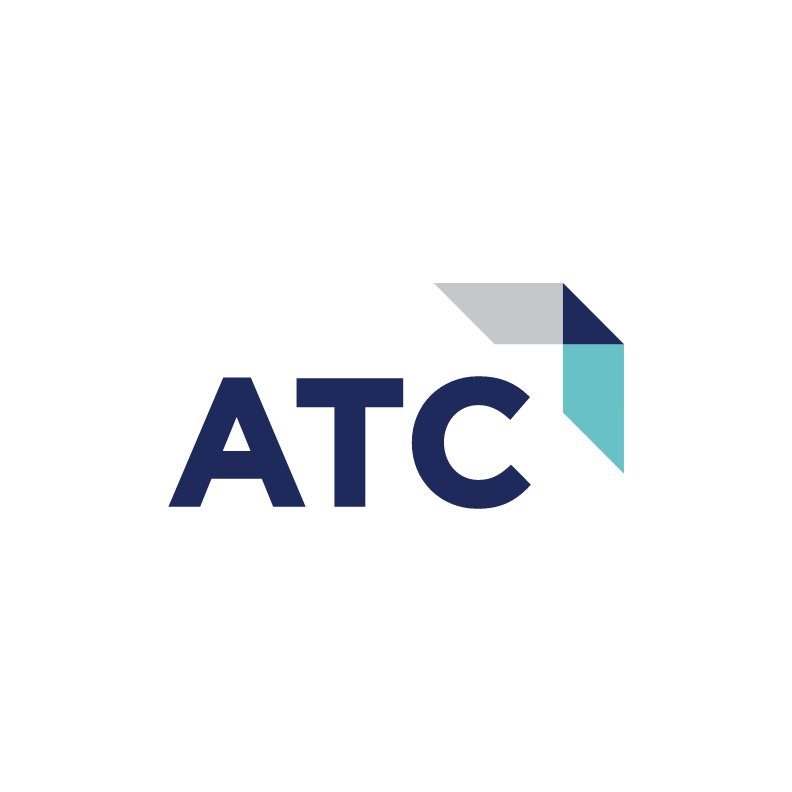



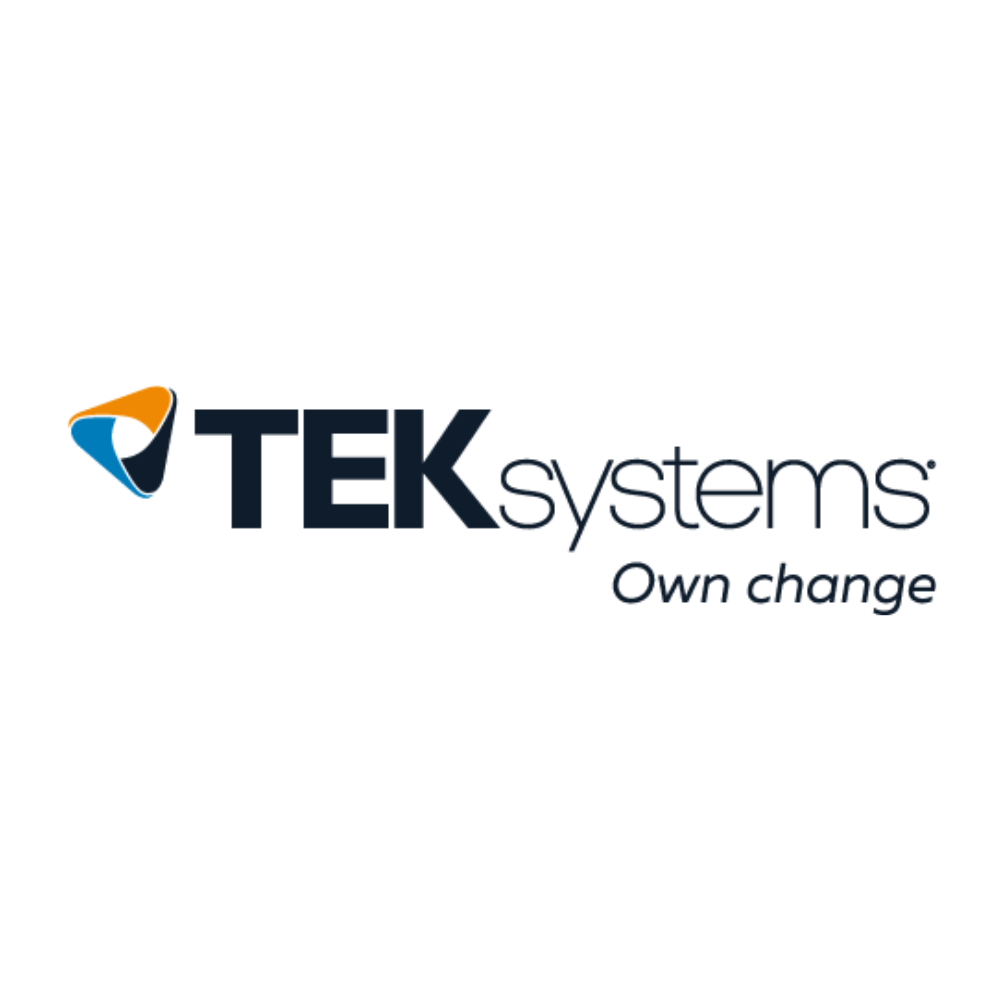
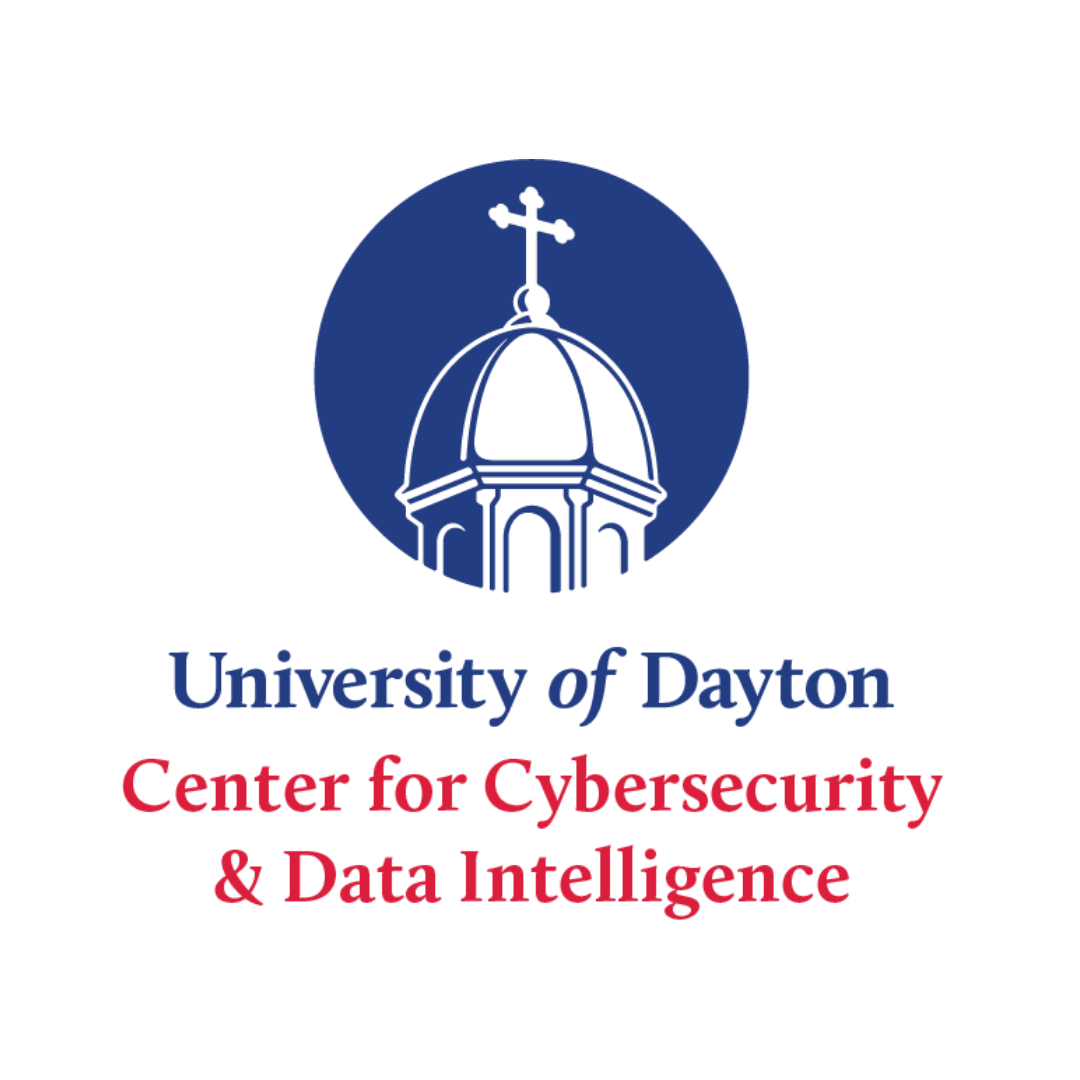
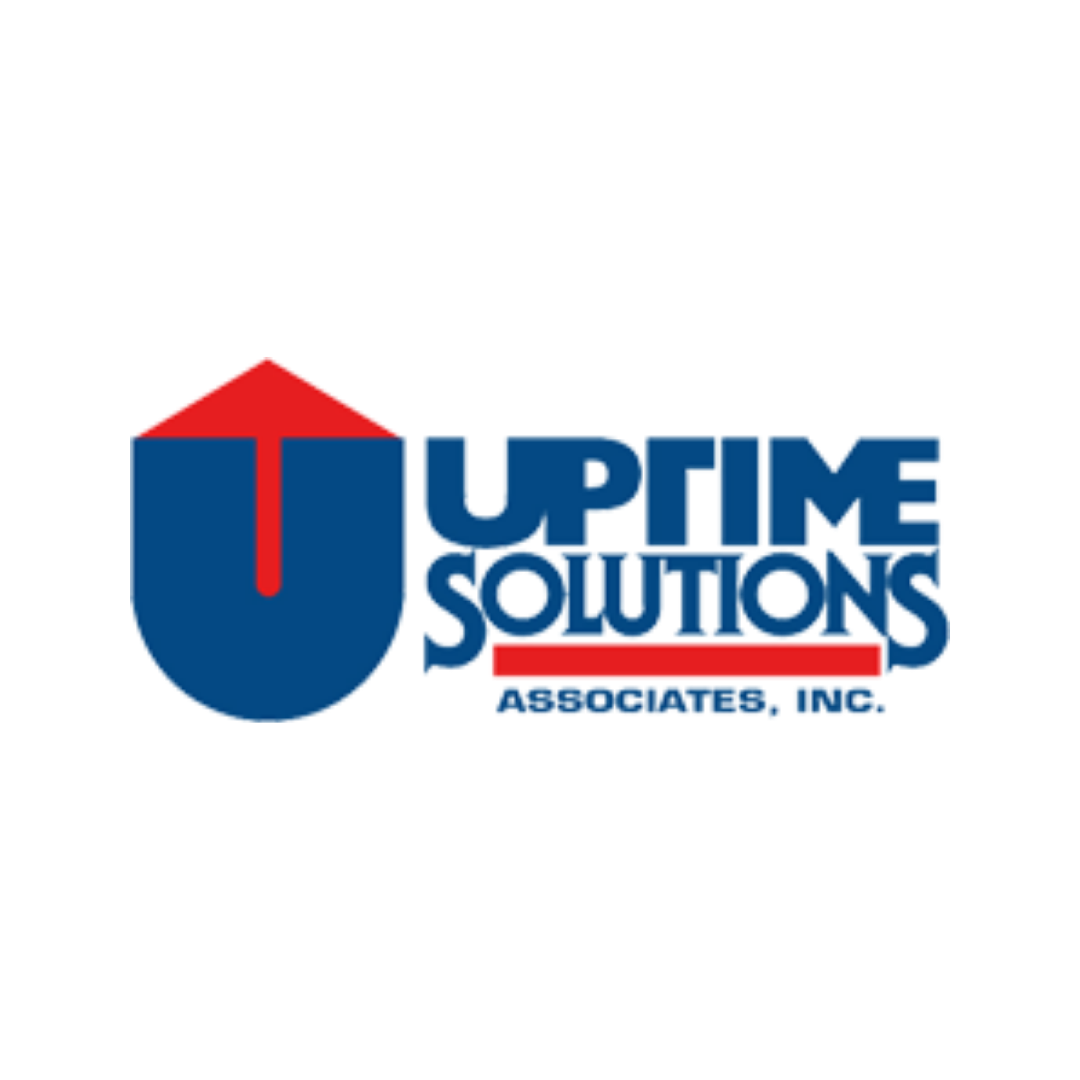




.png)


